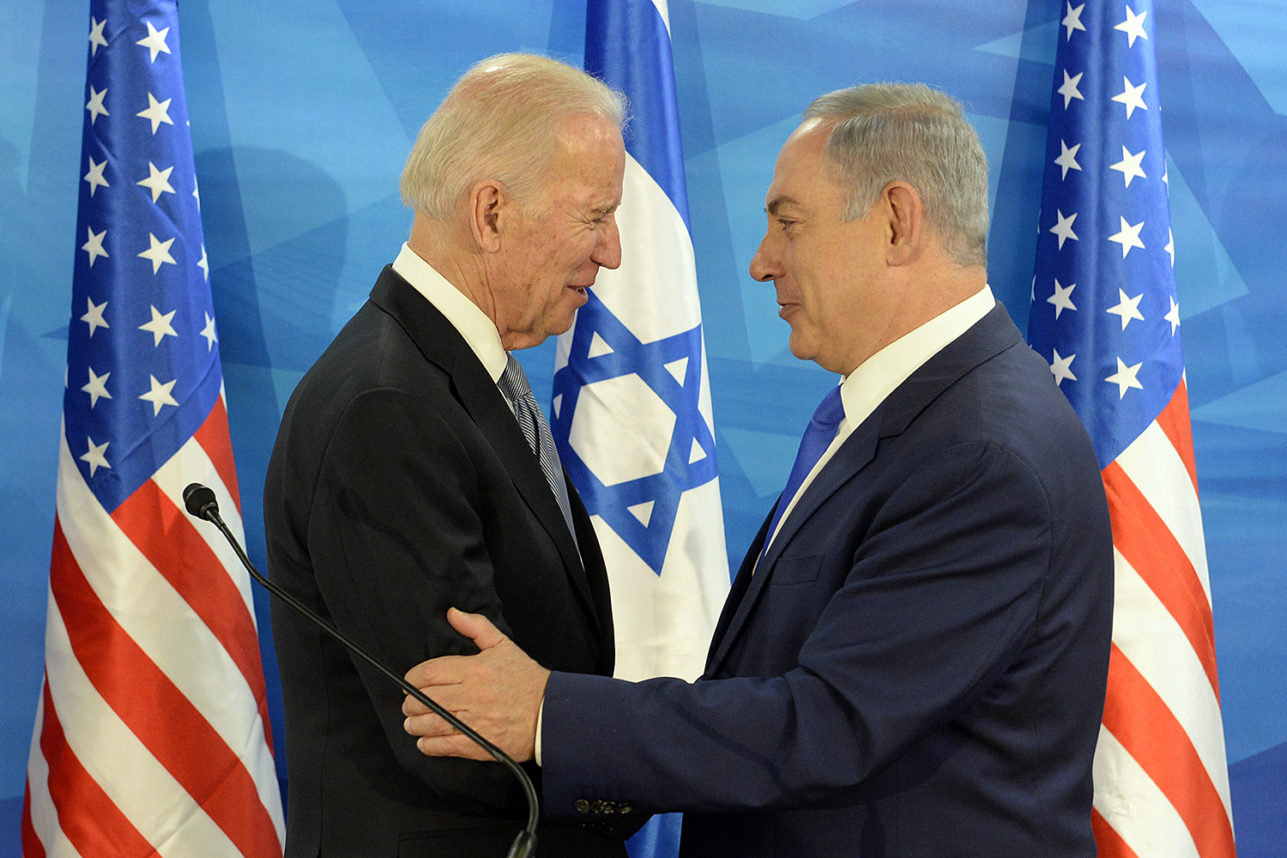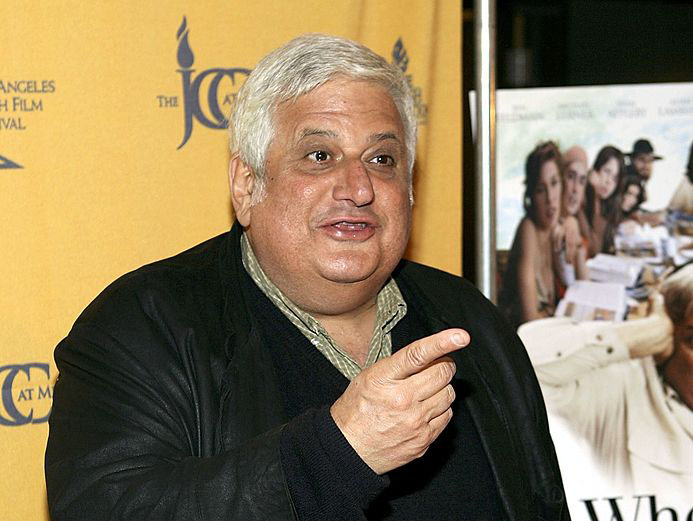
Bernie Sanders was the bogeyman at the AIPAC conference earlier this week for skipping the event, which he called a platform for bigotry. Multiple speakers called out Sanders by name and referred to him as the leader in the race for the Democratic presidential nomination.
“[Y]ou have Bernie Sanders, who calls people who support this movement bigots and is critical!” GOP strategist Alice Stewart said.
And this from Senate Majority Leader Mitch McConnell, one of those who cited Sanders’ frontrunning status: “Not only did Senator Sanders skip the conference, he bashed it publicly. He said you all provide a platform for bigotry. And he called Israel’s democratically elected prime minister a ‘reactionary racist.’”
What a difference a day and a half makes.
By Tuesday night, after the AIPAC activists had headed home, Sanders was no longer the frontrunner. That was Joe Biden with a sweep of 10 of the 14 states that went to the polls on Super Tuesday.
With the moderate former VP now heading the pack, the anxiety of the AIPAC crowd (the center-right, firmly pro-Israel demographic) all goes away, right? Not quite. Despite GOP eagerness to make Sanders the face of the Democratic Party’s Israel policy, Republicans at the conference also broke out anti-Biden talking points.
“Joe Biden doesn’t get a pass either,” Stewart quickly added after having predicted a Trump-Sanders matchup. “He doesn’t have a tremendous record when it comes to this issue.”
“I know the former vice president addressed you by video, though not in person,” chided McConnell, forgetting or ignoring that all but one of the 2012 Republican candidates delivered their addresses by video for the same reason as Biden: They were campaigning on Super Tuesday.
So what does the Jewish campaign look like if Biden is the nominee?

The Obama factor
In AIPAC land, Obama is not popular. (Although, notably, AIPAC CEO Howard Kohr in his opening speech counted Obama among the presidents who “understood that America’s commitment to Israel’s safety must be consistent. It must be unequivocal. And it must be dependable.”)
Count on the Republican Jewish campaign to hitch Biden to Obama’s Israel record, particularly tensions over the Iran deal and Obama’s decision in the last days of his administration not to stop a U.N. Security Council resolution on Israeli settlements.
The likelihood, however, is that invoking Obama’s Israel record won’t resonate with most Jewish Democrats or hurt Biden much within the party: Obama remained overwhelmingly popular with Jewish voters, the vast majority of whom function outside the AIPAC bubble.
In addition, within the AIPAC world, Biden is seen as the most Israel-friendly member of Obama’s administration. He was Israel’s go-to assuager of frayed nerves whenever things got tense between Jerusalem and Washington, which happened frequently during that tenure.
Michael Oren, the former Israeli ambassador, in a scathing critique of the Obama administration, once credited Biden for telling him “we must have no daylight between us.”
“This reaffirmation of our alliance’s central pillar heartened me,” Oren wrote.

Uncle Joe at AIPAC: Tough love and applause
It’s a balance Biden handily navigated in his video speech to AIPAC, which drew repeated applause.
“Palestinians need to eradicate incitement on the West Bank — eradicate it. They need to end the rocket attacks from Gaza — stop it,” he said. “They need to accept once and for all the reality and the right of a secure democratic and Jewish state of Israel in the Middle East.
“And Israel I think has to stop the threats of annexation and settlement activity like the recent announcement to build thousands of settlements in E1,” he continued, referring to a patch of land between Jerusalem’s eastern border and the settlement of Maale Adumim that the Palestinians say is critical to contiguity in any future state. “That’s going to choke off any hope for peace, and to be frank those moves are taking Israel further from its democratic values.”
There were no boos, and Biden’s reference to the two-state outcome was applauded. Biden had effectively undercut Sanders’ implied argument that a critique of Israeli policies would not play at AIPAC.

Meet with PM Benjamin Netanyahu
Biden’s Mishpocha
Those endless references to Donald Trump’s Jewish son-in-law Jared Kushner meant to establish the president’s Jewish cred? Biden multiplies it by three: All of his adult children have married Jews. He has boasted about the piles of yarmulkes he possesses.
“I’m probably one of the few Christian members of the Congress who can say the motzi,” he said in 2011 at Detroit’s Yeshiva Beth Yehuda anniversary dinner. “I’ve attended more Jewish dinners than some of you have. I’ve raised more money from AIPAC than some of you have. I have spent more money raising money for the Federation than some of you have. You think I’m kidding, don’t you. I’m not.”
Biden also has longstanding ties with the pro-Israel community. Michael Adler, who is involved with an array of Jewish groups, was the finance chairman of his 2008 presidential campaign.






















 More news and opinions than at a Shabbat dinner, right in your inbox.
More news and opinions than at a Shabbat dinner, right in your inbox.